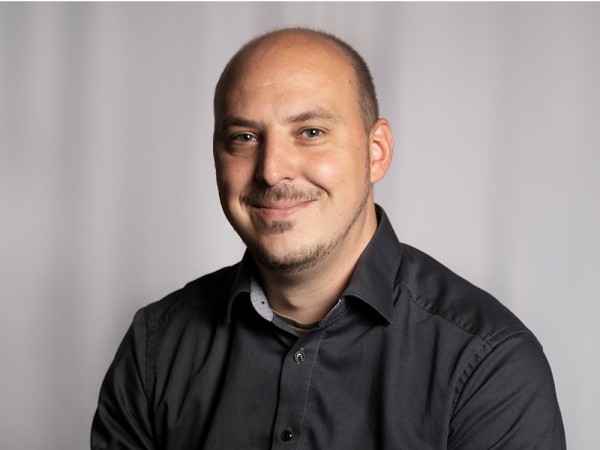
In recent years, many regions, including Berlin-Brandenburg, have been struggling not only with heavy rainfall but also increasingly with drought. Negative effects of these phenomena are sharply felt by the agricultural sector – solutions for sustainable water management are therefore urgently needed. Accordingly, the topic of wastewater reuse is becoming increasingly important not only at the European level, but also in Germany.
The new EU Regulation 2020/741 on “minimum requirements for water reuse” was passed in June 2020. From 2023 onwards, it will provide an EU-wide framework for irrigating agricultural land with treated wastewater, otherwise known as reclaimed water. But how can reclaimed water be safely reused in agriculture? What needs to be considered in risk assessment and risk management? Can synergies through more extensive wastewater treatment which eliminates trace substances be capitalized on? These and other questions are addressed in the FlexTreat project, which started at the beginning of 2021. In this project, technical and near-natural treatment systems which can flexibly react to the needs of agriculture are being developed. A total of 12 project partners are involved in FlexTreat, which is funded by the Federal Ministry of Research and Education. It is coordinated by the Institute for Urban Water Management (ISA) at RWTH Aachen University.
Within the project, KWB is mainly responsible for the work package on risk management, which includes the development of an evaluation concept for considering material and microbial risks. A broad spectrum of physical, chemical and microbiological water quality parameters (incl. antibiotic resistance, transformation products of trace substances) is considered in the evaluation of the process combinations. KWB’s mobile ozonation plant will also be employed at the Braunschweig wastewater treatment plant. By coupling online measurement technologies with modern data evaluation (keyword machine learning and digital twin), the operational control and monitoring will be optimised so that the required water quality targets can be guaranteed at all times. Drawing on KWB’s extensive groundwater management expertise, further work will include recording and evaluating the effects of irrigating agricultural land with reclaimed water.
The results produced in FlexTreat will contribute to improved understanding of reclaimed water as a resource and increased acceptance for reclaimed water reuse.



